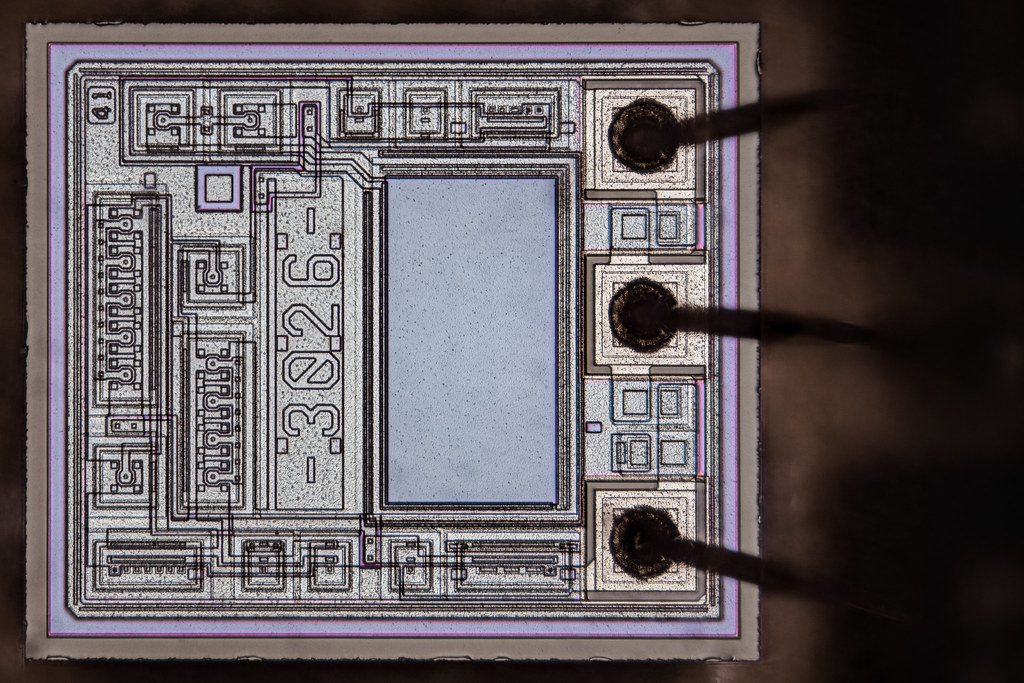Imagine if instead of shuffling through countless cards to find your metro pass, you simply tapped your hand to the kiosk to catch your train. This technological lifehack is slowly becoming a reality for many Swedes as they opt to have microchips inserted into their hands.
Microchips are small, grain-shaped minicomputers that use NFC to communicate data wirelessly and without internet connection to other chips. Jowan Österlund, founder of the largest microchip company in Sweden, argues that this trend is more than a novelty — rather, it is a necessity in the Information Age: “Having different cards and tokens verifying your identity to a bunch of different systems just doesn’t make sense… Using a chip means that the hyper-connected surroundings that you live in every day can be streamlined.”
However, the possibilities of such implants go beyond speeding up the check-out process at grocery stores. Many people involved in Sweden’s tech industry eagerly embraced the trend, using the microchip to replace their keys for their homes and workspaces.
Swedish businesses are also considering integrating personal microchips into their business models. For instance, Sweden’s largest train company has allowed commuters to use chips instead of tickets to speed up their trip. Other businesses are quietly considering allowing them for payments as well.
However, the possibilities of such implants go beyond speeding up the check-out process at grocery stores.
Much like with smartphones and tablets, users can also personalize their bionic installations to suit their specific needs. One customer describes how she uses it to make directing people to her LinkedIn profile quicker and easier. Rather than spelling out her name for people to look up, she taps her hand against their phone and they are automatically directed to her LinkedIn profile. Because of her microchip, networking has been made that much easier.
Proponents also envision microchips helping users optimize their health much like smartwatches have in the past several years. Hannes Sjöblad, CEO of the company Dsruptive, believes that they are extremely well-suited for helping customers monitor their health. Sjöblad hopes that one way people will be able to “swipe it [the chip] with an iPhone and [they] will be able to get [their] blood oxygenation, temperature profile, heart rate patterns, breathing patterns.”
While the ways in which microchips could simplify our lives may seem endless, they also wade into some murky ethical waters.
Urs Gasser, a Harvard scholar who studies the Internet’s effects on society, argues that Sweden is not a perfect case study for what could happen. He views what has happened in Sweden as a non-generalizable phenomenon because this trend occurred amongst the most digitally fluent people in a very developed country. While these bionic implants may work out well in Sweden’s tech hubs, their implications would be very different for employees who are coerced into getting the chip by their boss. Gasser further commented on the troubling nature of employers urging their employees to get the implant at work, referencing the company Three Square Market, stating that it creates “symbolized power imbalances in the workspace, conjuring dystopian images of an authoritarian employer dehumanizing and controlling workers.”
In the United States in particular, many labour law experts assert that the existing systems prioritise the rights and needs of the employer over the employee. Thus, it has already been possible to force staff to consent to surveillance technology. One woman, for example, was fired after deleting an app from her phone that allowed her employer to track her movements at any moment of the day.
For workers and regular customers alike, people are concerned about the Orwellian implications and possible surveillance that could come with widespread microchip usage. Critics fear that companies could use them to mine data on their users, such as their whereabouts and vitals. This problem is only further compounded by the scarce regulations facing the industry. While few regulations exist in Canada, only a handful of US states are making efforts to regulate the fledgling industry. Even hardcore enthusiasts like Österlund are fully aware of the potential risks of this trend and encourage policymakers to address them by crafting regulations built on a foundation of “informed consent.”
People are concerned about the Orwellian implications and possible surveillance that could come with widespread microchip usage.
However, Österlund and his peers believe that the root of peoples’ wariness surrounding these implants doesn’t stem from concerns over privacy, but rather that it comes from “irrational prejudices against implants.” He thinks it is hypocritical for people to bemoan microchips and their security risks when these people comfortably use companies like Facebook and Amazon without blinking an eye despite recent discoveries about their data mining.
Regardless of current debates surrounding the issue, many anticipate that microchips becoming a keystone of peoples’ lives is inevitable. Right before our eyes, the technology will evolve and spread until “they [microchips] become so useful they’re hard to refuse.” Then the onus will be on the consumers to evaluate the pros and cons before them, and most importantly on the politicians to protect their constituents from the incumbent invasion on privacy.








